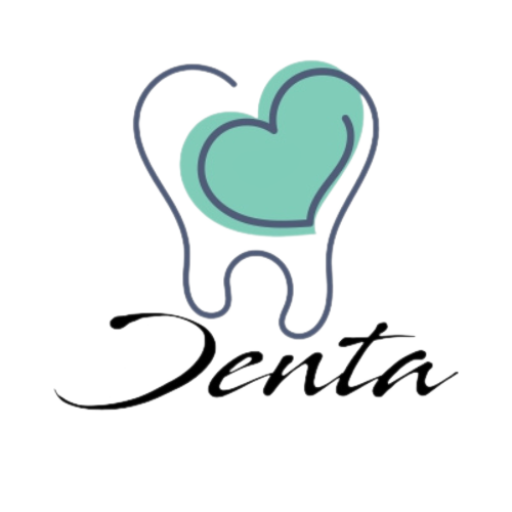When Your Mouth Spells Dry
Have you ever experienced difficulties in tasting, chewing, swallowing, or speaking? Noticed that your saliva feels thick, or found sores and cracked skin at the corners of your mouth? If so, you may be dealing with a condition called xerostomia, commonly known as dry mouth.
What is Xerostomia?
Xerostomia is the dental term for dryness in the mouth due to reduced saliva production. Although it may seem like a minor inconvenience, a dry mouth can significantly affect both your enjoyment of food and your oral health. Saliva plays a critical role in preventing tooth decay, neutralizing harmful acids, and washing away food debris and plaque. It also helps you taste and swallow food while aiding in digestion.
Why Does Dry Mouth Happen?
The average healthy adult produces about three pints of saliva each day. With age, salivary gland activity may naturally decline, but the most common cause of xerostomia is medication. More than 400 different drugs—including those for anxiety, depression, high blood pressure, allergies, and Parkinson’s disease—list dry mouth as a side effect.
Other possible causes include:
- Radiotherapy or chemotherapy, which may damage salivary glands.
- Medical conditions like Sjögren’s syndrome, diabetes, and HIV/AIDS.
- Mouth breathing, dehydration, or nerve damage from head or neck injury.
Signs You Shouldn’t Ignore
- Thick or sticky saliva
- Difficulty chewing, swallowing, or speaking
- Cracked lips or mouth sores
- Increased tooth decay or gum problems
Left untreated, dry mouth can lead to oral discomfort, higher risk of cavities, and infections.
Simple Remedies for Relief
If you’re struggling with dry mouth, these strategies may help:
- Sip water or sugar-free drinks regularly.
- Keep water by your bedside at night.
- Chew sugar-free gum or suck on sugarless candy.
- Avoid alcohol, tobacco, and sugary foods.
- Use a humidifier to moisten the air in your home.
- Breathe through your nose instead of your mouth.
When to See a Doctor
If dry mouth persists, it’s important to consult your dentist or physician. They may review your medical history, check your salivary glands, or recommend tests to determine the cause. If medication is responsible, your doctor may adjust your dosage or suggest an alternative. In some cases, saliva-stimulating medications can also be prescribed.
Final Thoughts
Dry mouth is more than just an inconvenience—it can impact your overall oral health. By recognizing the symptoms early, making lifestyle adjustments, and seeking professional care when needed, you can effectively manage xerostomia and protect your smile.
